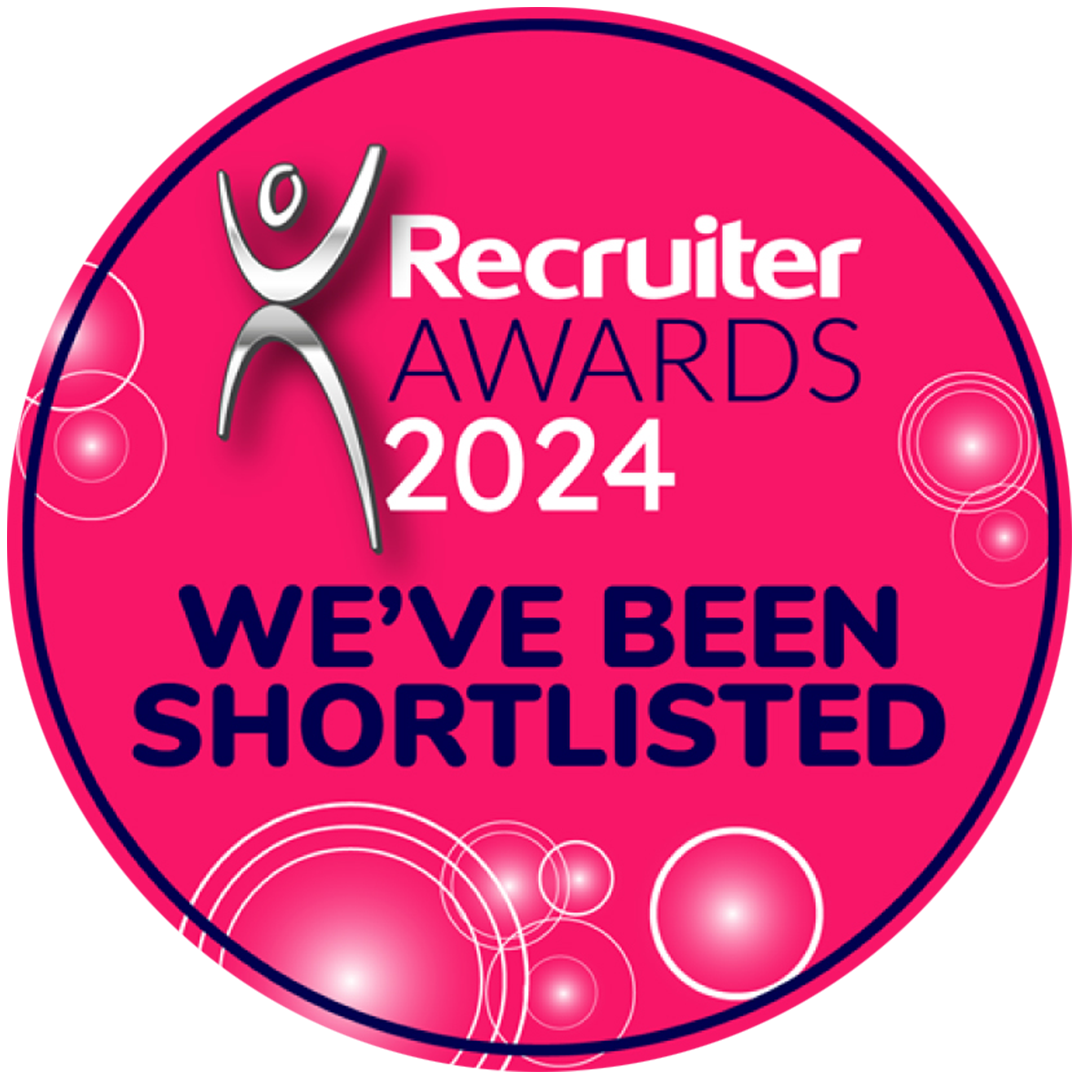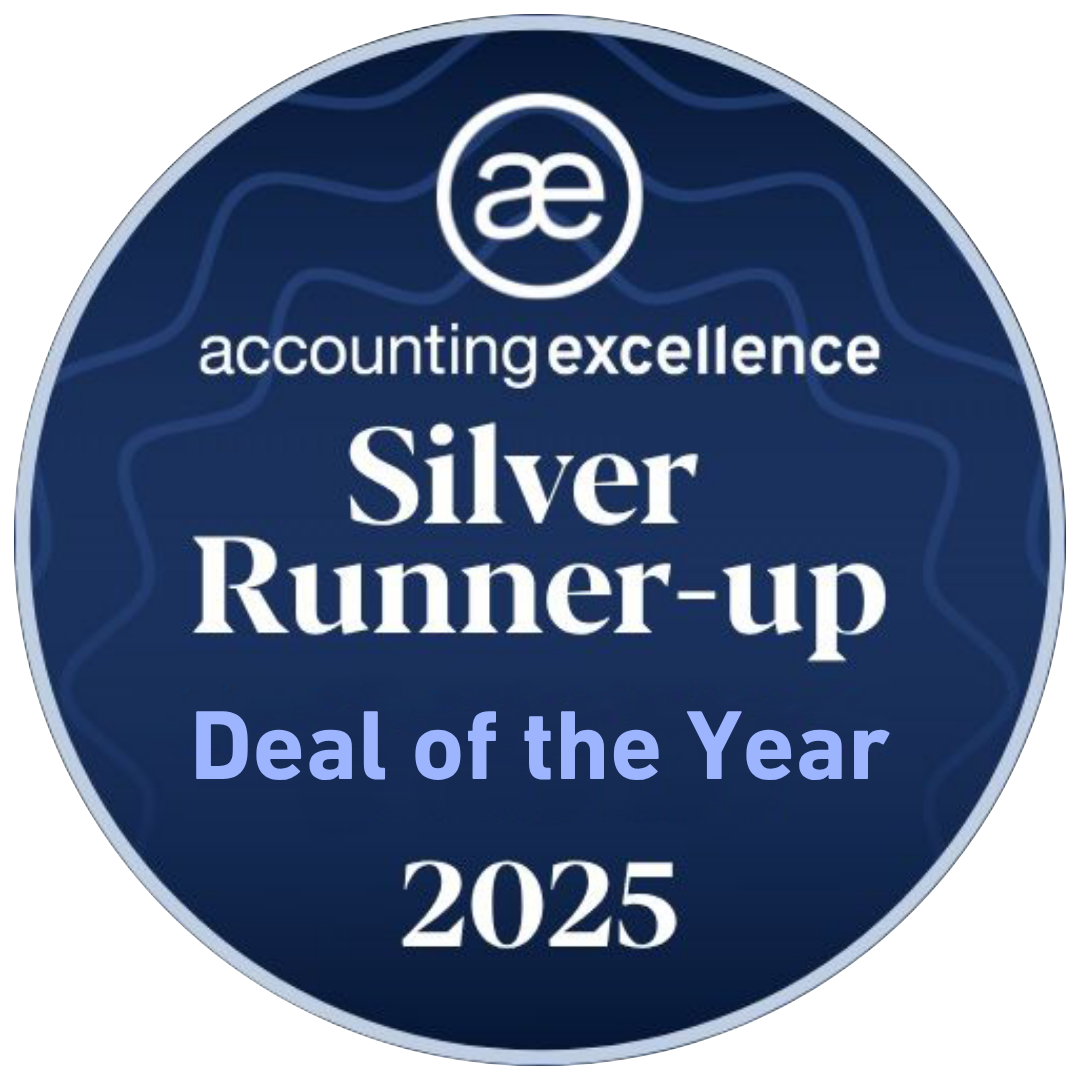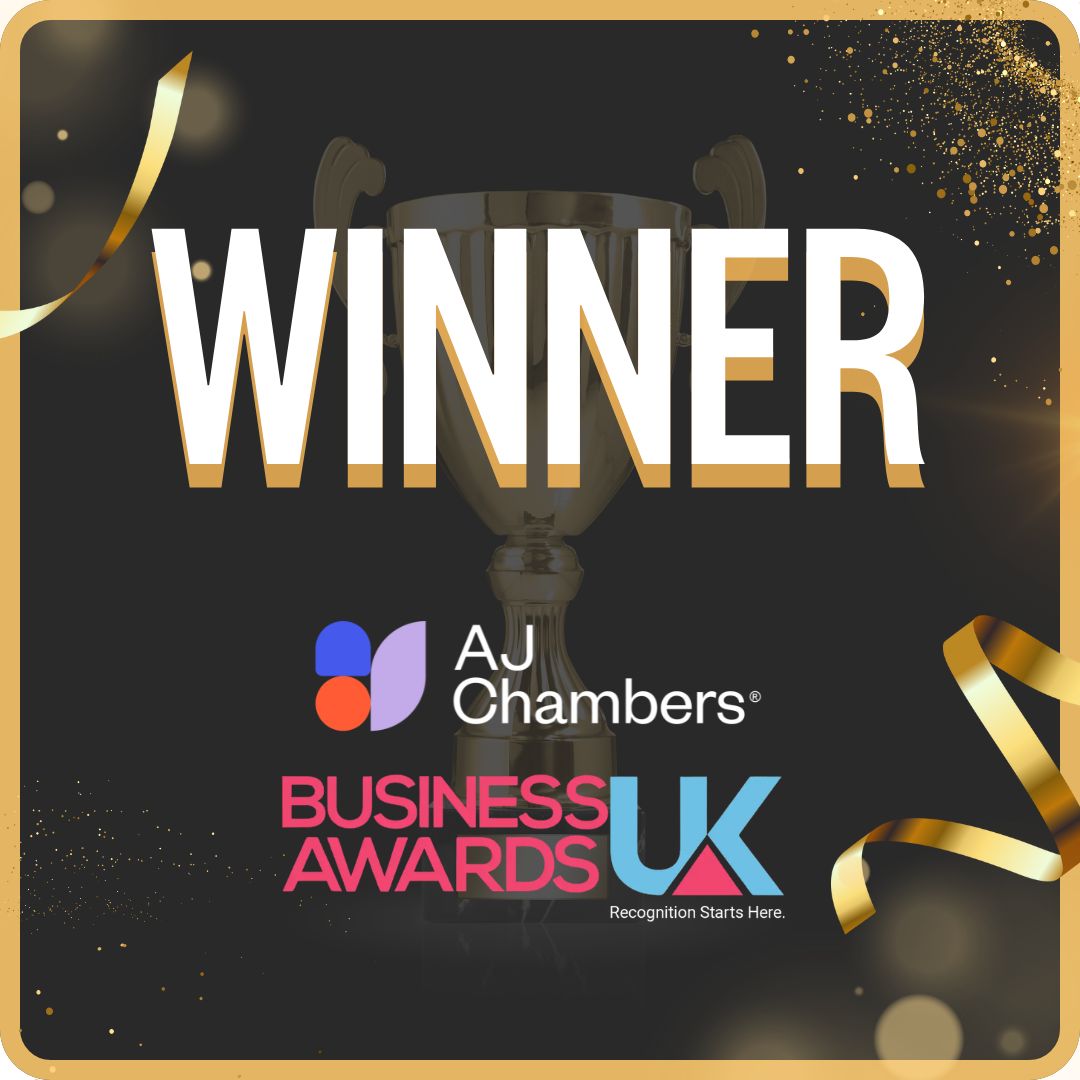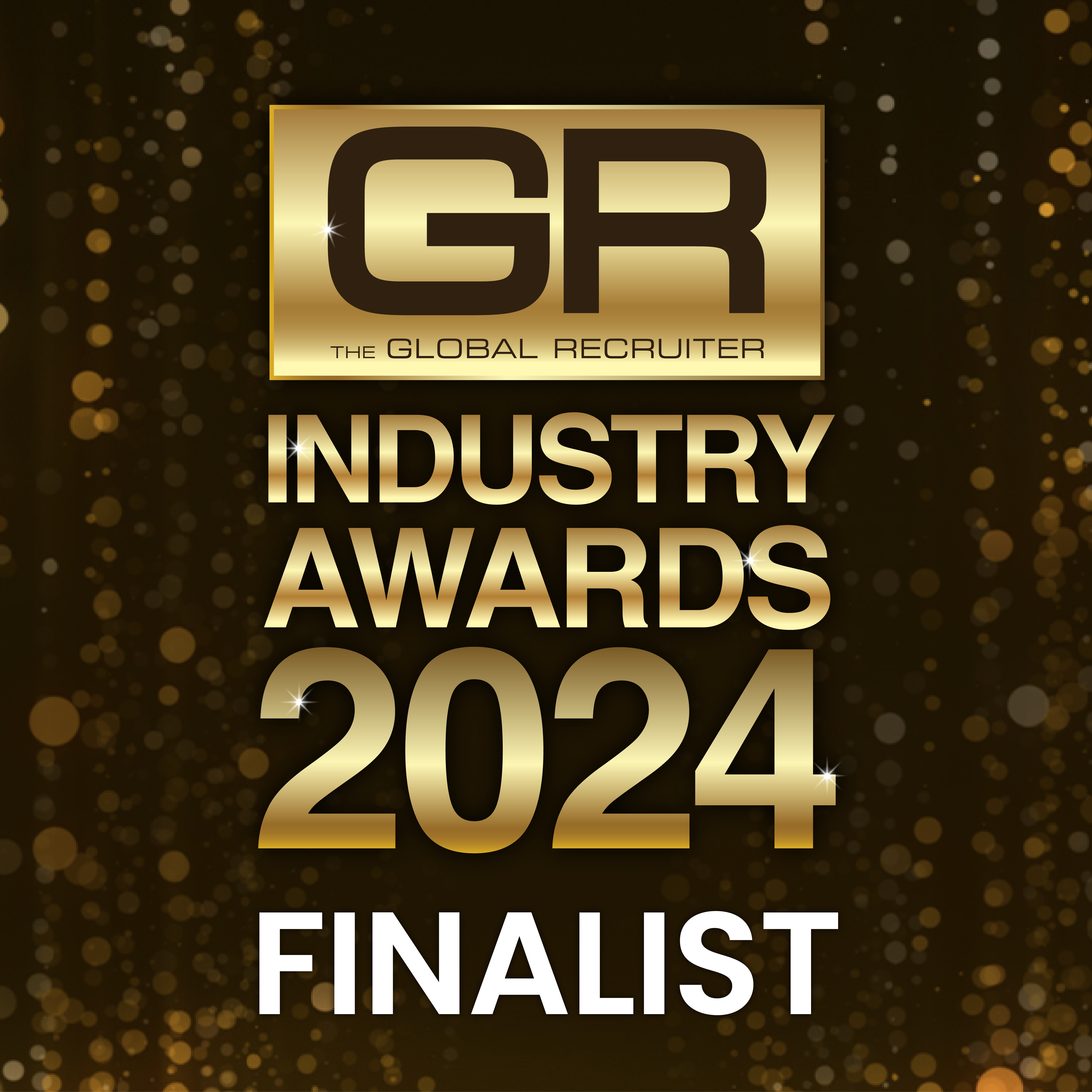ICAEW Data Community Chair and Ethics Committee Member, Franki Hackett, explains why firms should apply proper processes and regulation in order to use AI. In this insightful article, Franki gives honest careers advice to trainees and provides views on ethics in audit.
Franki Hackett is Head of Audit & Ethics at Engine B, which began as a start-up tech company. The firm was recently acquired by CliftonLarsonAllen (CLA) in May 2024. Franki’s responsibilities include taking the needs of accountants, specifically auditors, to help the team at Engine B build AI tools to transform audit.
Early career and training opportunities
Having studied Political Theory at university, followed by working in communications in charities, I decided to pursue something more challenging and technical. In 2016, I joined the UK National Audit Office at a time when they were just setting up their first Data Analytics team. I trained as a Data Scientist, while simultaneously studying as an accountant doing the ACA. This helped me learn accounting and audit from two perspectives: from traditional or financial reporting and from the data perspective. It also made me aware of organisations’ business processes and the data and information they holds.
“I want to make accounting and audit as good as possible and that means technology being at the forefront of that change. But it must be done to help every stakeholder and individual.”
I left the NAO in 2020 and moved to Florence in Italy to do a fellowship at the European University Institute, focusing on tax transparency and open source tax data. At the same time, I started working at Engine B where I have been for four years now. During this time, I published a paper about tax transparency, and completed another fellowship at Kings College London. However, I’ve been working predominantly on building AI and using data to transform audit at Engine B. We now have advanced AI tools that can do things such as automate the audit of leases or ingest data from any source, and I’ve worked on those from conception out to delivery.
Following ethics within audit work
My focus has always been on practical ethics, how do we make the world better, so when I went to train as an accountant I wanted to work in public sector accountancy. I’ve been brought up in a family tradition of public service. Accounting and audit are about accountability. I believe they’re about being responsible citizens and making sure a market works properly for all of its stakeholders. The more I got into digital and digitisation, the more I realised that accountability can be made more effective.
The way we live our lives now does not look like it did 20 years ago and sometimes some of this change has been done without regulations or safeguards. Whenever there is major technological change, there are losers, and you risk ending up in a worse place than you started if you’re not careful about who wins and who loses from change. Even then, you might end up with a better world, but there is pain in between and at least some of that can be avoided with proper governance. I want to make accounting and audit as good as they can be and that means technology being right at the forefront of that change. But it must be done to help every stakeholder and individual.

Firms need proper regulation for Generative AI
Generative AI has been around for a while now. In 2019 it was available, but hadn’t arrived in the public consciousness because Chat GPT and the easy access image creation software tools like DALL-E hadn’t been launched yet. It is now very much in the public mind, which means that firms use it, both officially and unofficially. Currently, I’ve heard anecdotally there is some low-level, unofficial AI usage, such as junior staff drafting the first version of an engagement letter via ChatGPT, in many organisations. Sometimes it’s not well-controlled and firms and businesses can have problems with people inputting confidential data into generative algorithms.
Accounting firms have realised both the risk and opportunity, so are now starting to use it more systematically. As I mentioned, Generative AI can read leases and answer questions about the lease such as:
- What is an appropriate discount rate?
- What is the remaining lease liability that I should be recognising in my financial statements?
Generative AI uses language in a human way so you can interrogate it. Firms that are really ahead of the curve are starting to use it to perform and draft working papers for testing. As you can imagine, it’s had a massive impact on the profession. Whether you’re using it to write your financial reports, draft management accounts or to check an audit, it saves a huge amount of time.
Moving forward
But Generative AI is only as good as the data it uses, so it doesn’t often include all the sources needed to make a human-level judgement. It can make an assessment, follow flow charts and rules, and synthesise information really well but if you need it to say if this is right or wrong given the whole context, that’s still missing.
“I would never trust a governance system that I set up myself, because you can’t do it solo. But working with… communities, you can see what others are doing and get ideas.”
However, because it saves time, it allows you to do a more thorough job. There’s no way an auditor has time to assess every transaction or document individually. Generative AI is excellent at providing an overview of huge volumes of unstructured and text data. It has taken us beyond more traditional tools such as process mining or big data analytics into being able to read and assess large volumes of unstructured data and interact and interrogate them as we might with another human being.
AI is still very new in the accounting world and in most firms I suspect there are people at various levels using it without everybody’s knowledge. As Chair of the ICAEW data analytics community and a member of the ICAEW’s Ethics Advisory Committee, I know the profession has some governance and compliance problems coming towards us at an alarming speed if we carry on using these tools in the way we are.
I think where people out in business especially started using tools like Chat GPT to write month-end reports they weren’t thinking about the fact that they folded in their monthly spreadsheets and their risk register into something that is available in the back end for everybody else on the internet to use. If someone has done that, I suspect your board won’t be happy with that as an outcome, and that uncontrolled use is something we’ve really got to correct.
Gaining insight via ICAEW advisory groups
I’ve been in the Data Analytics community since 2021 and took over chairing in 2023. It’s a very international and diverse group with people from across the industry talking about how data analytics is being used. There’s a huge amount of training on offer that’s helping to upskill people. We now have an annual conference which is a sellout event. I’d recommend anyone interested in data analytics to join, as you get a lot of resources.

The ICAEW Ethical Advisory Committee role is a really interesting one: we review ethical guidance, give our feedback and highlight ethical issues that we see as upcoming. We also review calls to the ethics helpline or online webchat for quality control purposes. Most accountants first come across the helpline in their exams, but it really is a phenomenal resource for ICAEW members and the help it provides is enormously valuable.
The group is diverse: from those in business practice, those working in insolvency, tax, audit, younger members, retirees, sole practice, running their own small businesses. It’s one of many groups involved in the ICAEW’s governance and I’d recommend anyone who is interested to join a community or board on the ICAEW because you gain such an insight into the profession.
To join, you apply with your CV and then there’s an interview. Most of them are really welcoming to early careers professionals. The ICAEW is a membership organisation and thrives on member engagement, particularly people who are new to the profession and early in their careers. These groups are great for people fresh from qualification. I think some of the boards even have student members.
A major voice in the digitisation of audit
The Data Analytics community group is really essential to my success at work. With digitisation, you want to hear others’ ideas and what they’re working on. As discussed, it’s an area where there are no clear standards of best practice. I would never trust a governance system that I set up myself, because you can’t do it solo.
“You can have multifunction teams, but if they can’t talk to each other, you lose out.”
But working with these communities, you can see what others are doing and get ideas. It’s so important to generate processes by being surrounded by a big accounting community. Ask yourself:
- How do you keep up-to-date?
- How do you keep relevant?
- How do you know what else is going on?
What you don’t know about, you won’t learn.
In five to 10 years, I expect there to be more regulatory pressure, with clear standard practice and strict rules brought in to adhere to.
Searching for and hiring talent
Hiring is really hard. We have bright graduates join firmss on accountancy training schemes. But very few people get a proper grounding in data analytics as well as accountancy training. The ability to do both is really important. You can have multifunction teams, but if they can’t talk to each other, you lose out.
Technology, and particularly audit and AI data-trained accountants are crucial. If you progress through a firm of any significant size, you might not really touch any data analytics except using a tool that somebody else has built. We tried to recruit for my maternity cover, we found it really hard to find candidates.
When we did find candidates, they’d accepted offers elsewhere before we could speak to them. When we did speak to them, having people with soft and hard skills was hard to find. If you’re looking for a way to make yourself future-proof as an accountant or auditor, learn to code, learn about data, learn about AI as much as you can. Going to a tech firm could be a smart step.
For recruitment companies, the more candidates you’ve got with experience of data, analytics and AI, the easier you’ll fill those gaps. These skill sets, alongside accounting, are critical to business survival over the next five years.

Advice for those keen to build an AI career in accountancy
I believe we need more analytics training in the in the ACA qualification. They are now building that in, but it’s not all about exams. Too many students get no exposure to analytics, because big firms have their own specialists and many mid-sized or small firms aren’t doing it. If you’re a trainee, studying ACA, make an effort to get AI and data experience.
Ask if you can go over a summer, or just after busy season, to a data analytics team. There are plenty of free tools where you can teach yourself to code. Many of those will teach you to do some basic AI algorithmic programming. The ICAEW has some great content, as do other training platforms.
Consider a tech firm when you qualify, even if it’s in their finance department. Tech firms will likely be trying to use AI on their own internal operations. I was incredibly lucky to be able to work in the data analytics team while I did my ACA at the NAO. You really do have to look, but when you do, those opportunities are out there.










 AJ Chambers Recruitment Ltd,
AJ Chambers Recruitment Ltd,